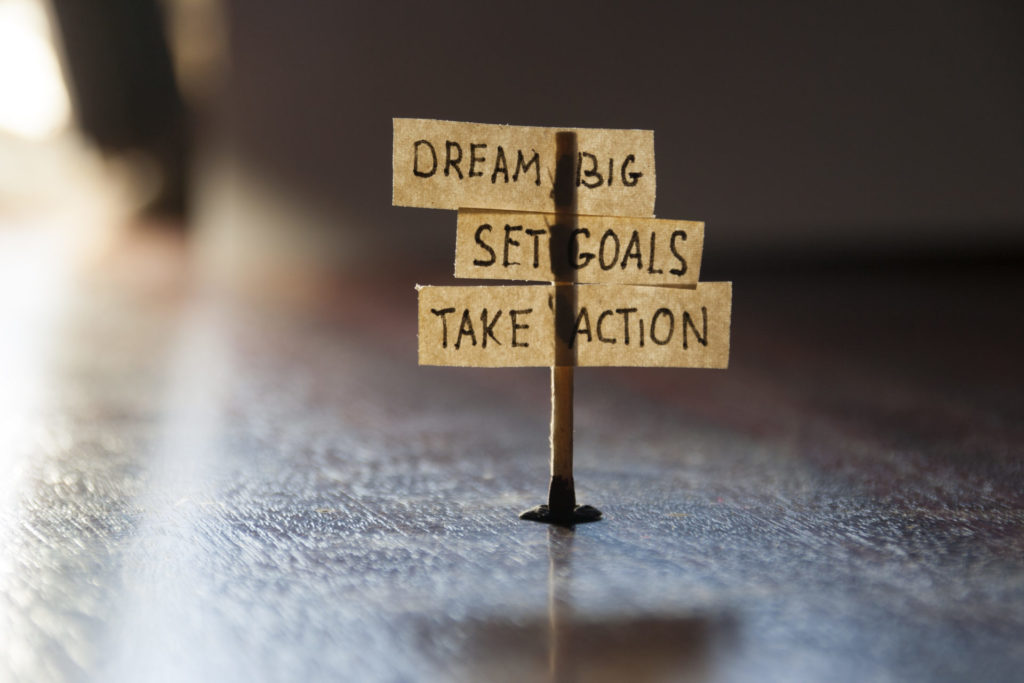Inclusion, mirage and reality

Organisations, both private and public, understand the benefits of inclusion, as has been documented for several years across numerous studies which demonstrate the positive impact of diversity and inclusion on :
- attracting and retaining talents (Deloitte, 2018);
- ability to innovate and adapt (BGC, 2018);
- financial profitability (McKinsey, 2020);
- employee well-being (BCG, 2021)
Not to mention the fact that, as highlighted in the International Labour Organisation's Global Survey on Diversity and Inclusion in Business which was conducted between July and September 2021, two thirds of workers agreed that the pandemic, which brutally exposed inequalities across society, increased their expectations with regard to the promotion of diversity and inclusion by their employer. It is therefore not surprising that, as an HR consultancy with expertise in gender equality at work, we increasingly receive requests for training in inclusive management, inclusive leadership, inclusive corporate culture and inclusive communication, amongst others. We are experiencing a genuine rush for inclusion!
INCLUSION REQUIRES RIGOUR AND TIME
Yet, when we look into these requests in further detail, we are often faced with an unfortunate dilemma: we have to ensure that however well-meaning they are, organisations which are eager for inclusion have to understand that training is one lever that can be used, but that inclusion is akin to constructing a building. It takes time, a rigorous methodology, and the strongest of foundations. How can inclusive management practices be achieved and implemented if managers themselves do not support, sponsor and embody the topic? How can we claim to be instilling an inclusive culture without first ensuring that HR processes guarantee fair treatment? How can we affirm our commitment without first asking about the perceptions and expectations of the individuals who make up this supposedly inclusive group?
There is no doubt that talking about combating discrimination, preventing behavioural discrepancies or auditing HR processes is far less appealing to companies than the promise of turning their managers into experts in inclusion in the space of a few hours thanks to off-the-shelf training programmes. And yet, these steps are essential, otherwise we risk giving in to the dangerous temptation of "inclusion-washing".
THE KEY TO A SUSTAINABLE INCLUSIVE APPROACH
Implementing a successful transformation requires three prerequisites:
- Cementing diversity and inclusion in the company's strategy and culture through policy support at the highest (executive) level, which is then distilled down to all levels of the organisation
- Screening HR processes (hiring, feedback & evaluation, compensation, promotion, training, etc.) for any discriminatory biases
- Adopting a proactive policy to prevent behavioural discrepancies, ensuring goodwill and respect for differences within the work group
Once this virtuous sequence has been respected, it is then possible to create the conditions for cooperation and collective intelligence through tailor-made training programmes, adapted to the specificities of each organisation. These programmes must also reflect the cause they serve, by opening up room for discussions and debate along with actively including all the company's stakeholders.
The road to inclusion may therefore seem long and arduous, but it is only through perseverance that each person will be able to interact in a climate of respect, in the service of the common good, in order to achieve the delicate balance between the feeling of belonging to a group and the individual recognition that is inclusion.

Leslie CHAFFOT
Senior Manager & Certified Professional Coach

